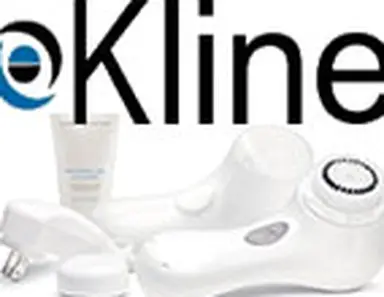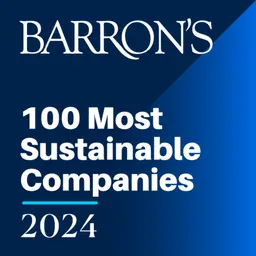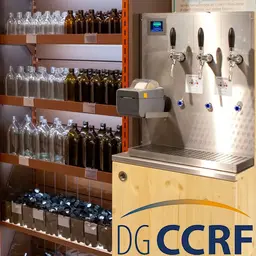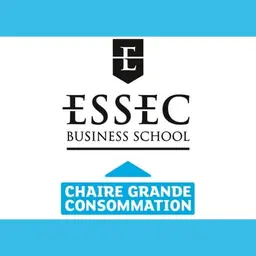
According to a consulting and research firm Kline & Company recent study, with the Chinese market boasting nearly 100% growth in 2012 and double-digit growth seen across all surveyed regions, the largely under-penetrated but booming at-home skin care devices market suggests even greater opportunity for growth.
The Chinese market's extraordinary gain is partly attributed to the aggressive growth of market leader Nu Skin, which, fueled by the expansion of the number of its representatives in 2012, registered gains of over 100% for its Galvanic Spa device. Similarly, the entry of Procter & Gamble’s Olay Pro-X and SKG in China further stokes market growth. Even more encouragingly, the Chinese at-home beauty devices market is still in its infancy and generally falls into two basic, but disparate price groups with price points ranging from $20.00 to $300.00, with the latter reflecting the country's increasing affluence. Beyond China, with its anti-aging device Galvanic Spa, Nu Skin dominates one-third of the South Korean market.
Karen Doskow, Kline's Consumer Products practice industry manager, notes, “ The Asian market in particular is still essentially nascent, and many multinational companies are only now entering the market. Yet Asian OEMs are already serving the global market through parts manufacturing or producing private-label products for other companies, such as South Korea's Lotts manufactures devices for the Schick Medical’s German SQOOM device .”
Although many major international brands operate pan regionally, overall brand success differs from region to region. While Nu Skin leads the market in …













